Animals have worked alongside humans for centuries. From dogs successfully sniffing out cancer to carrier pigeons being used to send messages throughout World War I, animals and humans have forged a strong connection over the years.
Despite being often perceived as aloof and free-spirited, cats are a popular choice as therapy animals.


Spending time with cats has been shown to calm the elderly or those suffering from illness, lower their stress levels, and offer some comforting companionship.
That was exactly what Oscar’s job was.
The black, white, and gray feline was raised in a nursing home where his sole job was to offer the residents a soothing presence in the final chapter of their lives.
Except Oscar did much more than this: he could predict their deaths.
Oscar The Extraordinary Cat
In 2005, at six months old, Oscar, a tri-color kitten, was taken in by Steere House Nursing and Rehabilitation Center in Rhode Island. Along with five other kittens, he would become a mainstay at the center.
The cats’ responsibilities were simple enough: be a source of distraction and comfort to the residents. It wasn’t a hard job for the felines; their days were to be spent being stroked, accepting treats, and sitting on the laps of the elderly and the sick.
However, Oscar didn’t take to his job as easily as the rest of the cats. Not in the same way as the others, anyway.
He liked to spend time alone, sleeping away from the residents and other cats. He wasn’t interested in attention or sitting on laps.
In fact, he was known to be quite hostile to those who dared to give him attention, even hissing at people when he wanted them to leave him be.
Months passed, and Oscar remained aloof and uninterested in the patients and residents. He was written off as ever being a therapy cat since he disliked being around people so much.
Then, when Oscar was about a year old, something changed: he began curling up next to the especially sick patients and cuddling with them. He’d lay next to them or at the foot of their bed, providing them the companionship and comfort they needed in their final moments.
After noticing Oscar doing this more frequently, the center staff noticed a strange coincidence. Every patient Oscar lay next to would pass away within hours of the cat choosing to lie beside them. Surely, it’s a coincidence, the staff thought.

When it happened a dozen times, it was shrugged off as an especially peculiar coincidence—noteworthy but still a coincidence. Then, when it happened over twenty times, there was no ignoring that Oscar had a special ability.
Physician Joan Teno worked at Steere House and was well acquainted with Oscar. She noted the cat was always there in the final hours before someone died. He would quietly make his way to the dying patient and sniff them gently before making a bed beside them.
The staff wondered what they could do with Oscar’s ability. Certainly, the patients were too sick to save, many of them in hospice care. What they could do with his ability was to use it to warn the patient’s family members that they were likely going to die in a few hours.
Once Oscar successfully predicted 25 deaths in a row, the Steere House staff began recognizing each prediction as true.
Thereafter, whenever he was spotted curled up next to someone, their family was called so they could say their goodbyes.
As the years passed, Oscar remained independent and aloof. Instead of mingling with patients, he’d sit and look out of the window or hide under beds to avoid people. Still, sure enough, he would emerge when a patient was dying and make a bed for himself next to them.
He would lay with them during their final few hours and offer families an opportunity to see their sick family member one last time.
Two years after Oscar was brought into Steere House, his remarkable ability made the news.
Understandably, some people scoffed at the idea he could predict death, citing it as sheer coincidence. Others believed in Oscar’s sixth sense and praised the typically aloof cat for allowing dying patients to be reunited with family before passing.
In 2015, when Oscar was 10, he’d predicted a total of 100 deaths.
Could Oscar Predict Death? Or Was It A Coincidence?
Whether Oscar was truly predicting patients’ deaths has been up for debate. Dr. David Dosa, who worked at Steere House and later wrote a book about Oscar, had his own theory about what alerted the intelligent cat to impending death.
He suggested that the patients were emitting chemicals or smells of death, leading Oscar to curl up beside them to offer comfort.
This suggestion has never been proven, and certainly, there aren’t many other death-predicting cats to verify this hypothesis, but it would make sense.

Oscar otherwise disliked being around people, but when he sensed death, he’d be drawn to the individual and stay with them until they passed.
Still, animals being able to smell illness isn’t uncommon. Dogs have been known to successfully sniff out cancer in humans via their bodily secretions. Cancer cells are undetectable to the human nose but are easily sniffed out by some dogs.
The canines can capture the scent from a person’s breath, skin, or even urine. Their noses are so sensitive to smell that they can detect disease even when there is only a low amount of affected cells in the human body.
These are referred to as “medical detection dogs.”
Then there are seizure-sensing dogs, who pick up on certain human behaviors in the lead up to a seizure. By knowing when an attack is about to happen, the canine will bark to alert people who can come to the person’s aid.
Multiple reported cases of seizure-predicting dogs saving their owners have occurred, but little research has been done into how the animal was able to foresee the attack.
It could have been that the dog knew its owner so well that certain micro behaviors alerted it to something unusual—nobody knows for sure.
Animal behaviorists have suggested that Oscar’s “death prediction” was, in fact, a learned behavior and that he wasn’t responding to a smell or chemical emission at all.
The behaviorists have claimed that the fact that the patients were lying still attracted Oscar to lie beside them, not any kind of “sixth sense.” After all, he wasn’t known as a social cat, so when patients weren’t likely to bother him, perhaps he felt more comfortable lying next to them.
They also suggested that the cat was simply mimicking the nurse’s behavior. When someone was close to the end of their life, the nurses would often sit by their bedside and calm them.
Perhaps, when a patient was lying still, Oscar saw this as the time to carry out his job as a therapy cat.
To this day, nobody knows why Oscar was able to predict over 100 deaths accurately. While some people insist it’s a coincidence, others swear the cat truly had the ability to sense when death was around the corner.
If it was coincidence all along, it’s still a remarkable set of coincidences: over 100 of them in total.
When Steere House first got Oscar, they dismissed him as a useless therapy cat. Instead, he became something much more than they anticipated, earning him the name “Angel of Death.”
Sadly, as Oscar already knew, death comes for us all. In February 2022, he passed away aged 17. There has been no other documented death-predicting cat aside from Oscar.


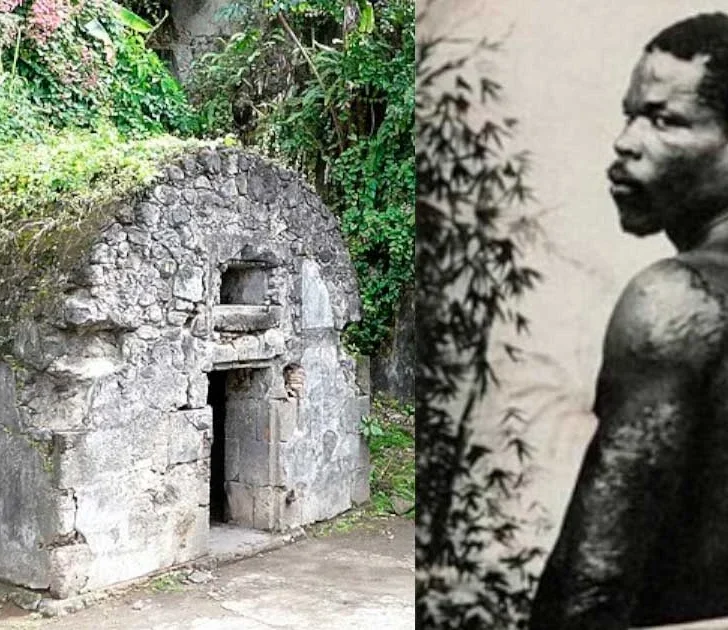
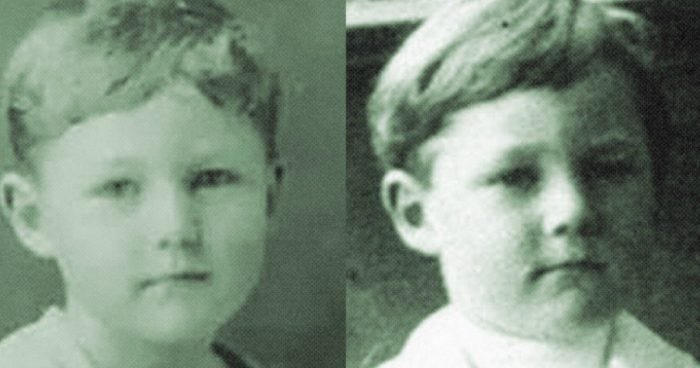
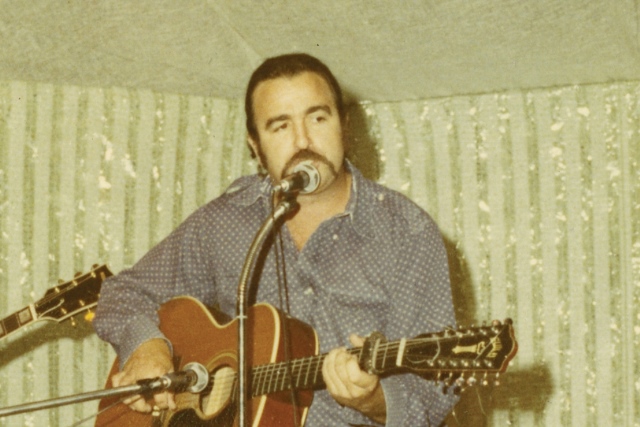

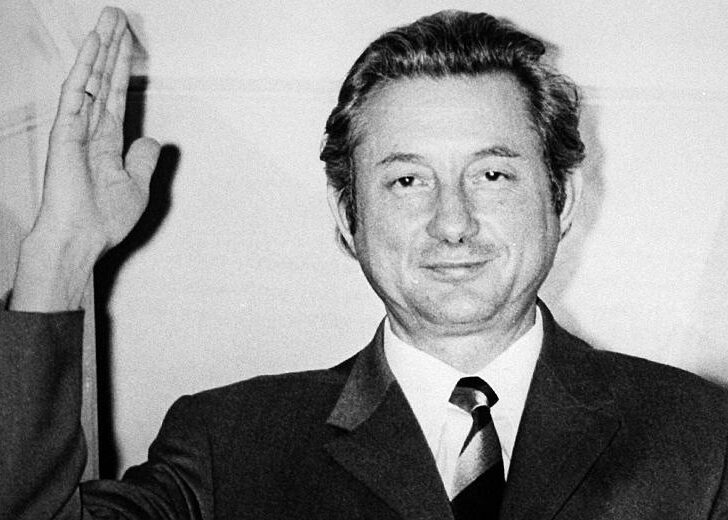
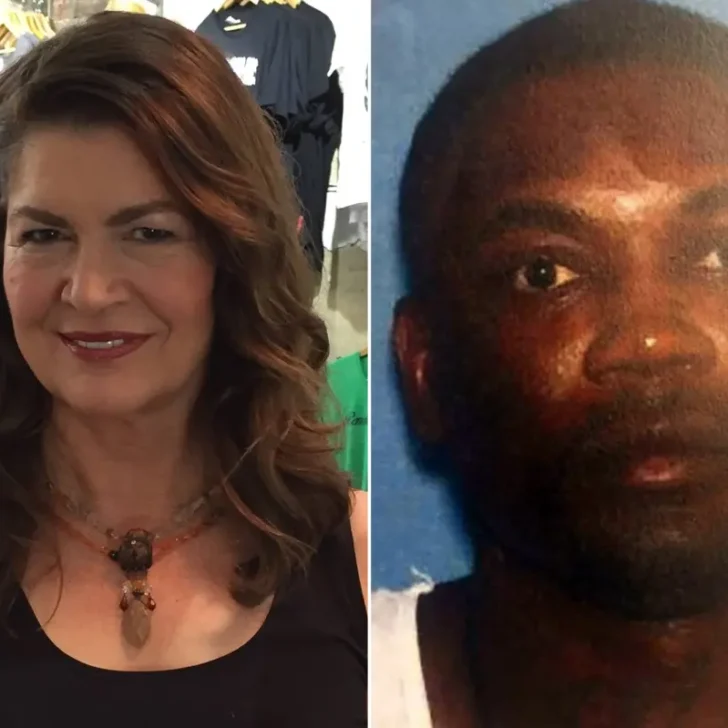

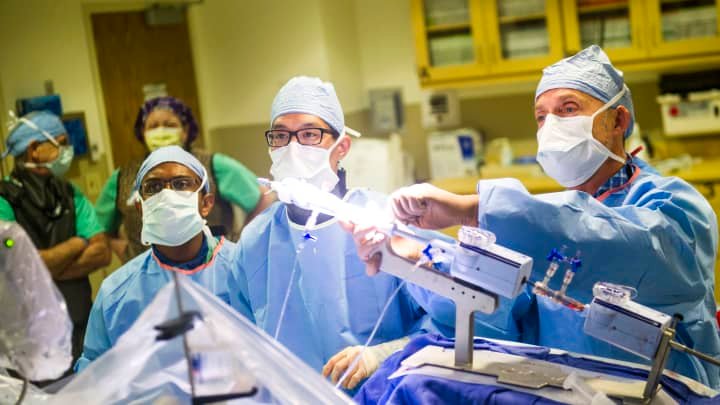



Leave a comment